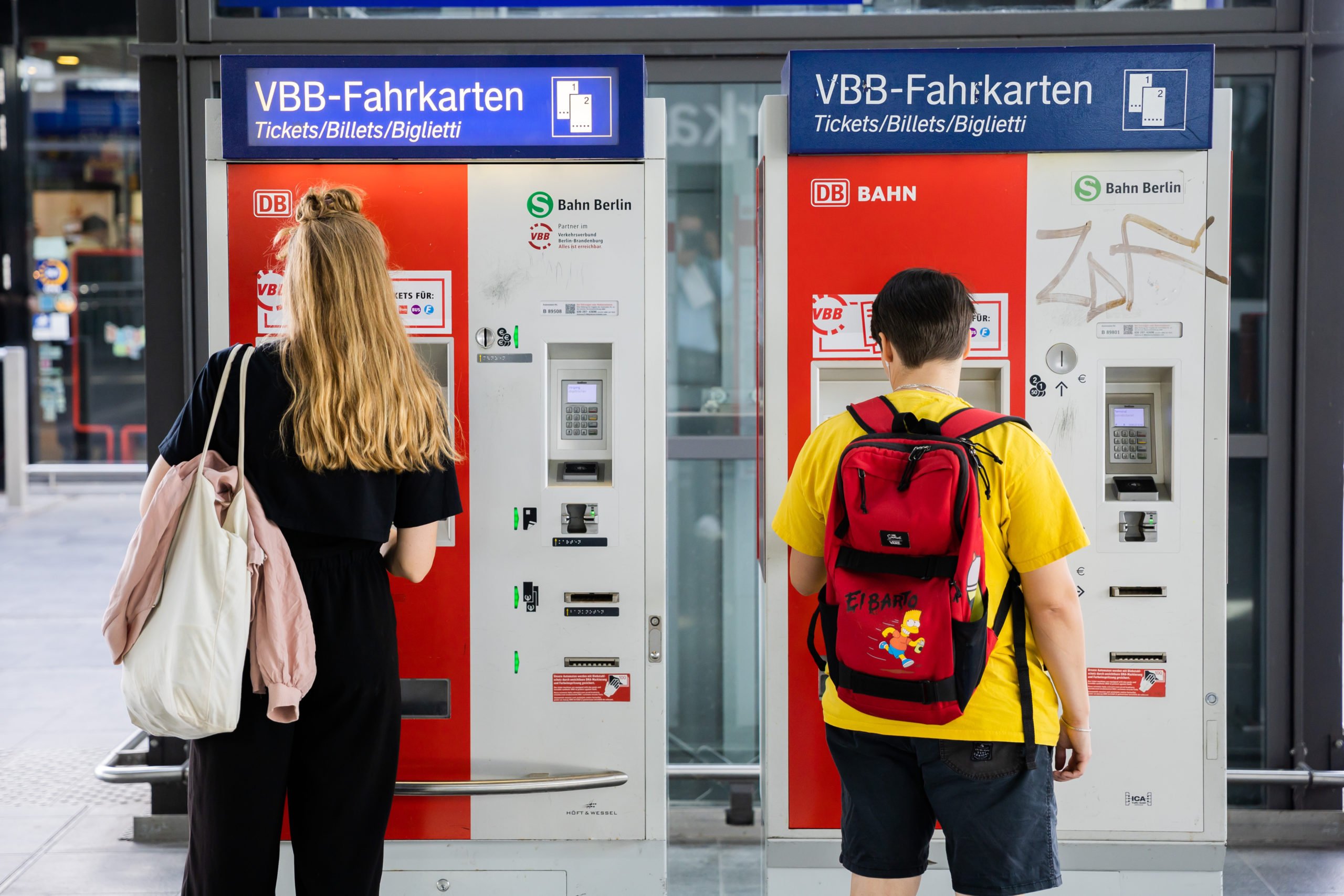Meteorologists at the German Weather Service (DWD) predict thunderstorms throughout Germany on Friday, from down south in Stuttgart and Munich, through central Erfurt, all the way up to Berlin and Hamburg, for the start of the G20 summit there.
The DWD forecasts that in the second half of Friday in Berlin, there will be an increased risk of strong thunderstorms, as well as winds with speeds between 65 and 85 km/h. Locals in the capital can also expect some small-sized hail.
Forecast for Friday:

Last Thursday and Friday, Berlin experienced its heaviest rains in 110 years, according to Bild tabloid. Hundreds of firefighters and volunteers were deployed to pump water out of cellars and out of streets due to the resulting flooding.
This week, the DWD predicts that Saturday could have some scattered showers, but notes that the chance of thunderstorms is very slim. Saturday afternoon is set to be overcast and largely free of precipitation.
Sunday is also supposed to be cloudy, with a bit more sun, but rainstorms are expected to start back up again heading into Monday morning.
In the rest of Germany, Saturday is also set to be mostly storm-free with temperatures up to 32C in central and southern areas. But by Sunday, those same regions should get out their umbrellas and ponchos – and hold onto them for Monday.
Forecast for Saturday, Sunday and Monday:






 Please whitelist us to continue reading.
Please whitelist us to continue reading.